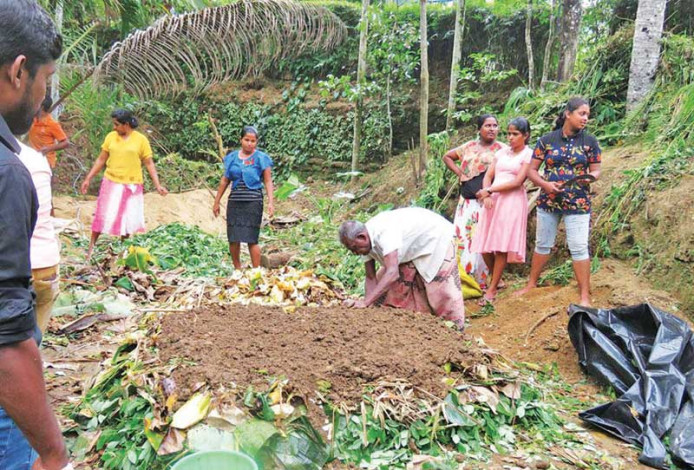
File Photo
Officially known as the Democratic Socialist Republic of Sri Lanka, it is a South Asian country that possesses a GDP of about $ 85 billion according to the statistics of the world bank. Over the past few years, the contribution of the agriculture sector to Sri Lana’s GDP has experienced a rising trend. According to the latest report of Statista, the agriculture sector accounts for approximately 9 percent of Sri Lanka’s total GDP. Major crops are rice, tea, coconut, rubber, maize, wheat, potatoes, chili and beans. 52 percent of the total exports are based on garments and textile products. Tea accounts for 17 percent of total exports and 53.3 percent of agricultural exports. It contributed annually about $ 1.3 billion to the country’s exports before the arrival of economic crises in Sri Lanka. The rest of the export volume is distributed among fish, rubber, gems and spices, etc. However, the decision to go for organic agriculture has stalled the production of multiple agricultural crops which has further exacerbated the economic difficulties for Sri Lanka. Therefore, the purpose of this case study is to examine whether organic agriculture itself is a technique that leads to adverse economic consequences for a country or whether there is something wrong with the planning and strategies which made organic agriculture ineffective for Sri Lanka so that it can be determined that organic agriculture is still useful or not in today’s living habits after what it has done to Sri Lanka.
In June 2022, the then-prime minister of Sri Lanka acknowledged the collapse of the country’s economy before the Parliament leaving it insufficient to afford the essentials. Later on, after the investigation of this economic catastrophe, various reasons were identified for pushing the country into economic turmoil. One of the main reasons was organic agriculture. President Gotabaya Rajapaksa had an ambitious goal of transforming Sri Lanka into the first country to have 100 percent organic agriculture. He used this motto in his election campaign of 2019. A few months after he became the president of Sri Lanka in November 2019, he imposed a complete ban on the imports of pesticides and synthetic fertilizer on April 26, 2021. A year later, the country was facing a crisis of supply shortage. The production of rice dropped to 20 percent which compelled Sri Lanka to import rice by spending $ 450 million to meet the demand. Moreover, the price of rice rose up to 50 percent. The tea industry being the major source of Sri Lanka’s foreign exchange suffered a financial loss of $ 450 million. The government had to pay a significant amount to farmers and subsidies to compensate for the loss of low productivity. According to a report on foreign policy, about half a million Sri Lankans had to sunken below the line of poverty after COVID-19 and Sri Lanka’s economic crises which were intensified by the agricultural crisis. Moreover, according to the WFP (World Food Programme) report of July 2022, on average three out of ten persons in Sri Lanka are insecure about food which cruises a total of approximately 6.26 million people of the total population.
Many commentators blame organic agriculture for economic crises in Sri Lanka, however, there is a number of underlying reasons including mismanagement by the government, tourism, interference of China, economic crimes, violation of human rights and scarcity of foreign reserves behind this economic default.
Comment Now